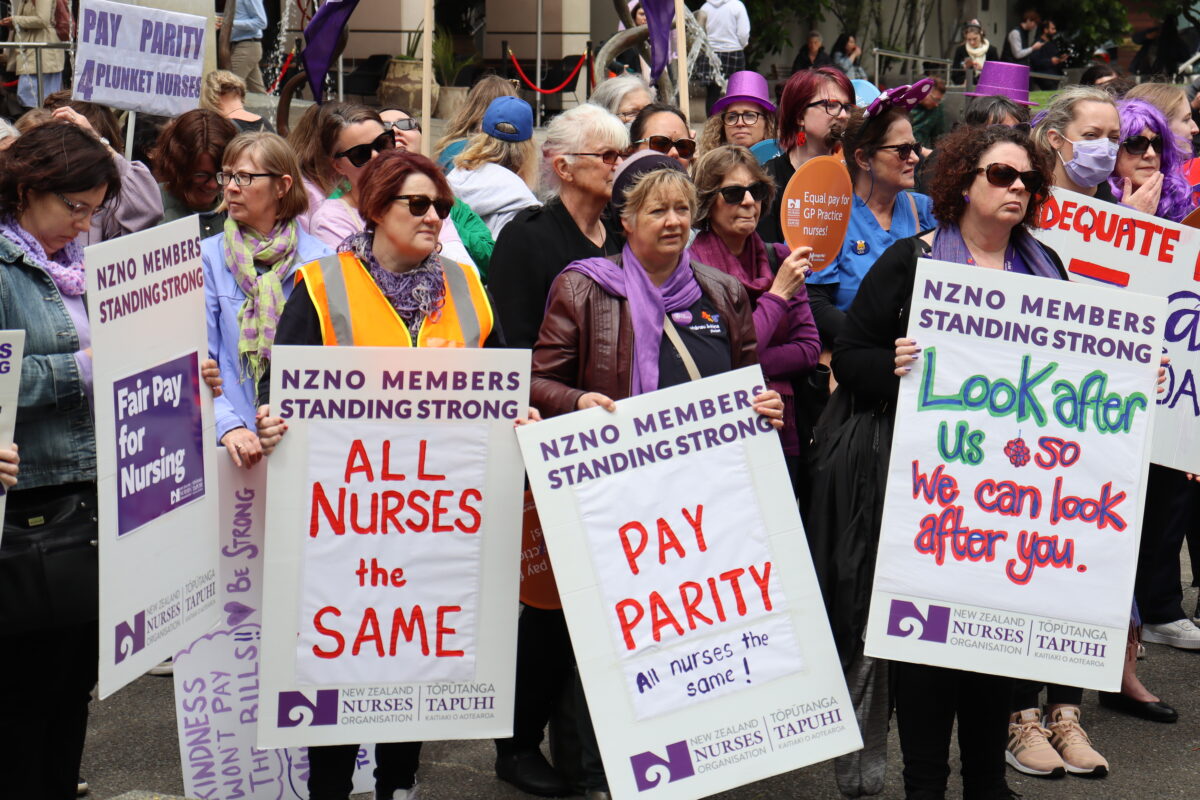Too little too late
for some
After six years in primary health care, former PHC senior nurse Natalie Hughes quit a month ago over the inferior pay and GP and nurse staffing shortage.
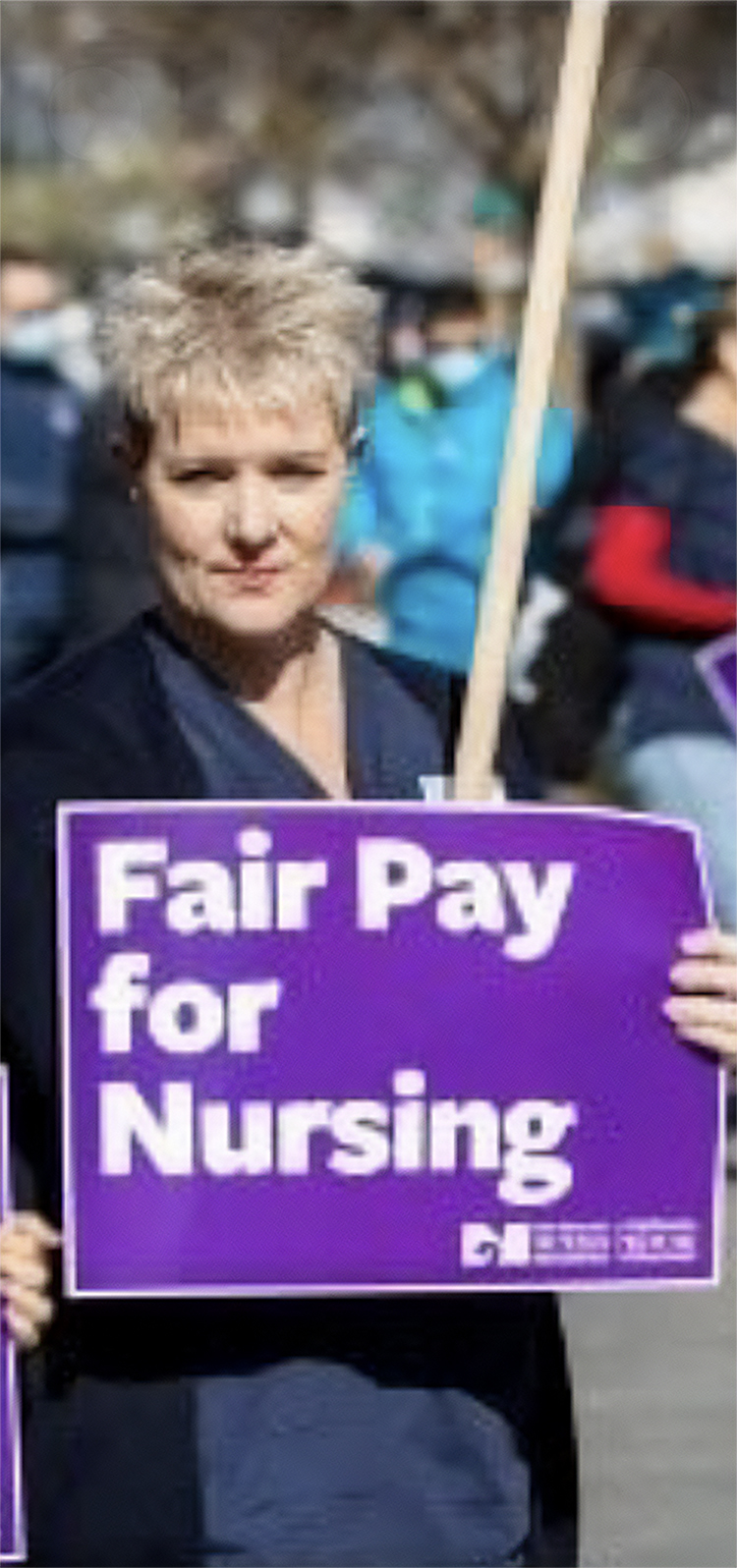
“We’ve been fighting so long, so I gave up. I now work at the hospital.”
In the past six years, her hospital peers had received back pays and lump sums that PHC nurses never did, leaving her “substantially financially worse off” than hospital nurses.
Many senior and experienced nurses were leaving PHC, she said. “I was one of the few seniors left and I didn’t want that pressure.”
While she would have liked to have stayed in PHC, she couldn’t afford it — financially or emotionally — and says the offer hasn’t made her want to return. “I’m much better off. PHC is so under the pump, under pressure and the workload is so intense.”
“The work is underway and it’s urgent and it’s being prioritised,” said NZNO industrial services manager Glenda Alexander, who is already in discussions with employers about next steps in lodging the claim.
Alexander said NZNO hoped it could be lodged before the October 14 general election, so it would be in the legal system and “less likely” at risk from any post-election legislative changes.
PHC nurses have told Kaitiaki they are disappointed with a pay deal that lags 14 to 16 per cent behind Te Whatu Ora members, and cost them “thousands” in back pay — but were too tired to fight on after two years of bargaining.

“It’s absolutely not enough – I just feel like it’s really unfair, it’s so different to what the hospital nurses are getting on top of their back pay,” said a Nelson PHC nurse, who asked not to be named.
About 3500 NZNO nurses, kaiāwhina, midwives and health-care assistants (HCAs) from 560 general practices, urgent clinics and after-hours voted August 23 to accept an offer from employers in the PHC multi-employer collective agreement (MECA).
‘We’d like to see some equalisation between us and other nurses — nurses are nurses.’
The new 2023/24 PHC MECA –which includes health-care assistants (HCAs) for the first time — gives pay lifts ranging from 14 to 22 per cent to nurses, midwives and administrators/receptionists. New steps have been added to the RN, EN and administrator pay scales and HCAs have a new four-step pay scale.
It includes a lump sum in lieu of of back pay, determined by their role and hours, ranging from $50 to $200 for each month worked since the 2021 MECA expired two years ago, up to $4800. It also widens merit payments to include nurses who go above and beyond caring for patients with long-term conditions and tackling Māori health inequities.
However, it still leaves them 14 to 16 per cent behind Te Whatu Ora rates, after those members accepted a new collective agreement earlier this month.
Old and new PHC rates
| RN pay scale | 2021/22 | 2023/24 | % |
|---|---|---|---|
| RN7 | – | $43.42 | 20% |
| RN6 | $36.02 | $42.15 | 17% |
| RN5 | $34.96 | $40.94 | 17% |
| RN4 | $31.74 | $36.83 | 16% |
| RN3 | $29.84 | $34.87 | 16% |
| RN2 | $27.56 | $32.82 | 19% |
| RN1 | $26.14 | $30.31 | 15% |
| Coordinator | 2021/22 | 2023/24 | % |
|---|---|---|---|
| Hourly rate | $38.25 | $44.58 | 16% |
| EN pay scale | 2021/22 | 2023/24 | % |
|---|---|---|---|
| EN4 | – | $32.47 | 22% |
| EN3 | $26.32 | $31.42 | 19% |
| EN2 | $24.66 | $29.14 | 18% |
| EN1 | $23.26 | $27.84 | 19% |
| Admin pay scale | 2021/22 | 2023/24 | % |
|---|---|---|---|
| Step 4 | $23.68 | $24.84 | ~5% |
| Step 3 | $22.98 | $24.11 | ~5% |
| Step 2 | $21.92 | $23.50 | ~5% |
| Step 1 | $20.52 | $22.75 | ~5% |
| HCA pay scale | 2021/22 | 2023/24 |
|---|---|---|
| HCA 4 | – | $27.21 |
| HCA 3 | – | $26.72 |
| HCA 2 | – | $25.05 |
| HCA 1 | – | $23.58 |
Several nurses said they felt under pressure to accept it, with their previous MECA due to expire in two weeks, otherwise be faced with individual contracts.
“I don’t know any nurse I’ve talked to who’s said, ‘I’m really stoked with the terms of settlement so I’m going to vote yes’. I’ve heard of people voting ‘no’ and ‘I’m too scared to not have a MECA so I’m just going to vote yes’,” Kāpiti practice nurse Hannah McMurchie told Kaitiaki.
Another Kāpiti practice nurse, Gael Bonnington, said she appreciated the newly expanded pay scale steps for practice nurses and midwives, but believed PHC members deserved the same as their Te Whatu Ora colleagues.
“We’d like to see some equalisation between us and other nurses — nurses are nurses — that’s what I hear from my colleagues.”

But most nurses she talked to were very disappointed over the levels of back pay, which Bonnington described as “abysmal” compared to Te Whatu Ora.
McMurchie agreed, saying nurses were “fairly” happy with the reasonable hike in pay rates, but had been hoping for more than $20,000 in back pay if the new rates had applied for the past two years, rather than $4800. “So that’s ground a lot of people’s gears — people were really disappointed in that.”
‘We’ve been fighting so long, so I gave up. I now work at the hospital.’
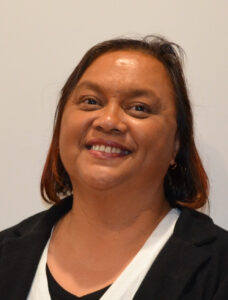
NZNO college of PHC nurses chair Tracey Morgan said there were feelings of anger and frustration among PHC nurses.
“It’s not even about the money — this is about the people and the care, and we just don’t have the resources, and it’s so unfair,” she said. “We’re tired — it’s too little too late, it’s a drop in the bucket.”
One South Island nurse said her after-hours clinic had lost 17 nurses in the past couple of months, with senior nurses in particular leaving the sector for better paid roles.
Alexander said while making a pay equity claim was “not instantaneous”, much ground work had already been laid in the four years leading to the successful Te Whatu Ora pay equity settlement in July.
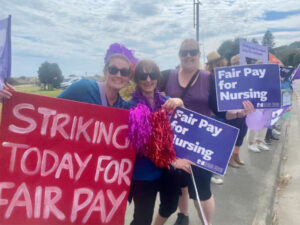
“We hope we can truncate the process, as we have already settled a nurses’ pay equity claim,” Alexander said. The PHC claim would “most likely” use similar pay comparators in male-dominated professions, but with about 560 PHC employers, the process would be different, she said.
In April, an NZNO survey identified a 14 to 20 per cent pay gap for practice nurses. Minister of Health Ayesha Verrall shortly afterwards offered an eight per cent pay rise for kaiāwhina, practice and community nurses to help shrink the gap. This will now become part of the new PHC MECA rates.
NZNO chief executive Paul Goulter, president Anne Daniels and kaiwhakahaere Kerri Nuku raised the pay gap problem with Verrall directly at a recent meeting, Goulter said.
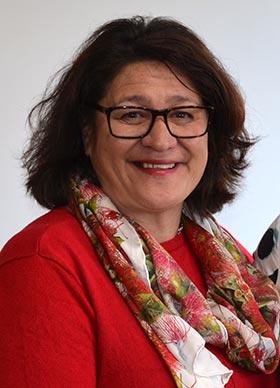
“We pointed out that the approach of begging governments to close the pay gap just didn’t work and we needed a sustainable funding mechanism that prevented the gap occurring in the first place.”
Verrall acknowledged the problem, and wanted to work on it with NZNO — but that would depend on the election outcome, Goulter said.
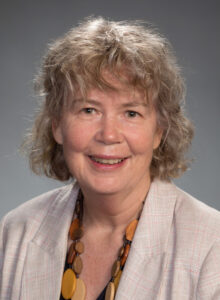
Meanwhile, he urged members to also raise the issue directly with their MPs, from across political parties.
The PHC MECA covers around 3500 NZNO members including: RNs, practice nurses, midwives, enrolled nurses, medical receptionists and administrators. The new collective agreement expires on June 30, 2024.
About 600 employers — mainly medical centres, general practices and urgent care/ after-hours clinics — are represented at the bargaining table by three primary health organisations: GenPro (General Practice Owners Association), Primary Care Business Council and Green Cross Health.
Summary of 2023/24 PHC MECA:
- Coverage of HCAs for the first time with a four-step scale.
- Terms from 23 August 2023 to 30 June 2024.
- Backdated to July 1, which will be paid out in the next few weeks.
- New minimum hourly rates for RNs/practice nurses/midwives, ENs and HCAs at 95 per cent of the interim nursing pay equity rates.
- A new coordinator/lead nurse/nurse team leader rate of $44.58.
- A new step 7 for RNs/practice nurses/midwives.
- A new step 4 for ENs.
- A new four-step HCA salary scale.
- Increases to medical reception/administration scale.
- Wider availability of merit payments for RN/practice nurse/midwife/coordinator/lead nurse/nurse team leaders who provide high level care, particularly for patients with long-term conditions and which address Māori health outcomes and inequities.
- Explicit access to merit payments for nurse prescribers.
- Increased professional development allowance from $1.20/hour to $1.35/hour.
- A lump sum in lieu of backdating (see criteria on pages 4-7 of the PHC MECA terms of settlement).



